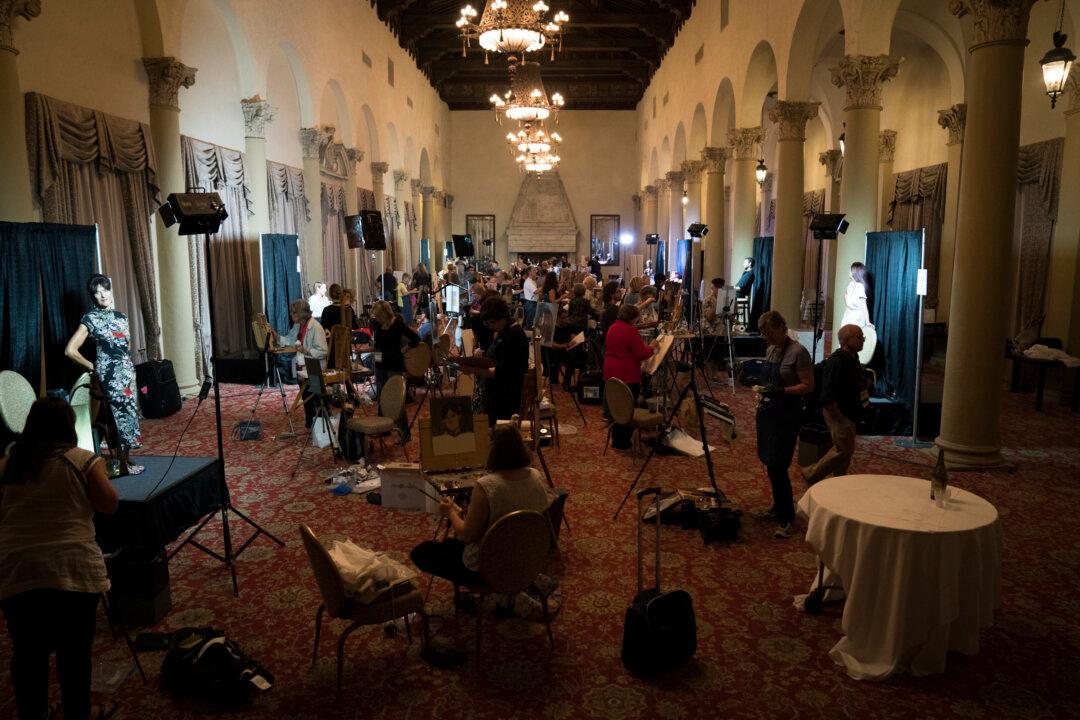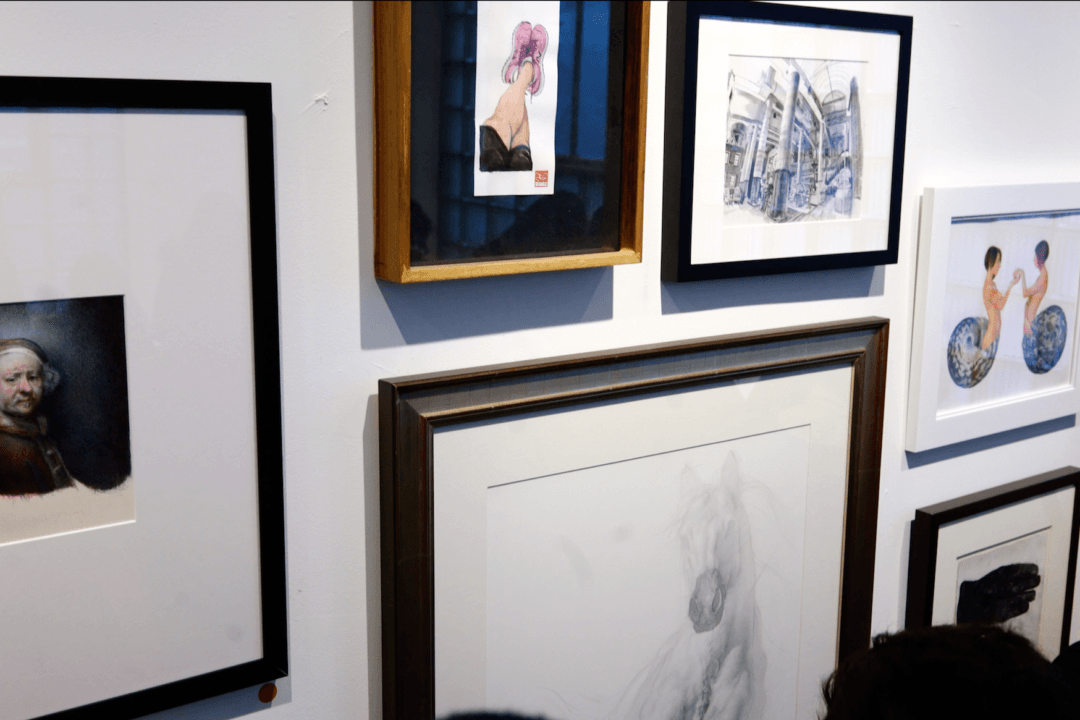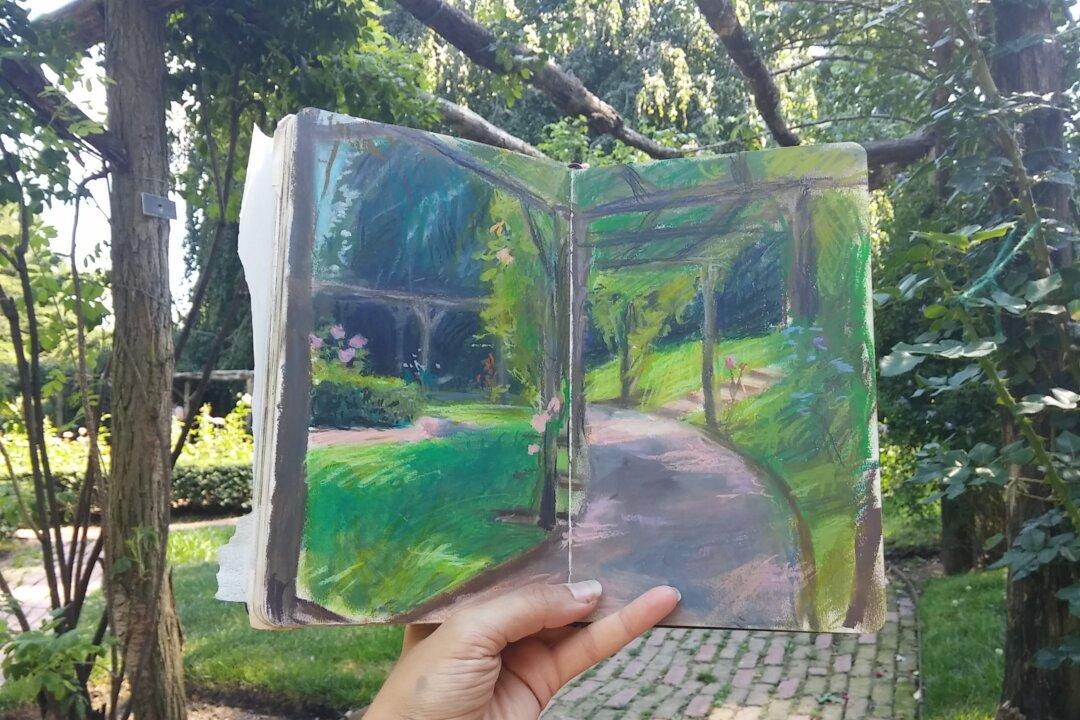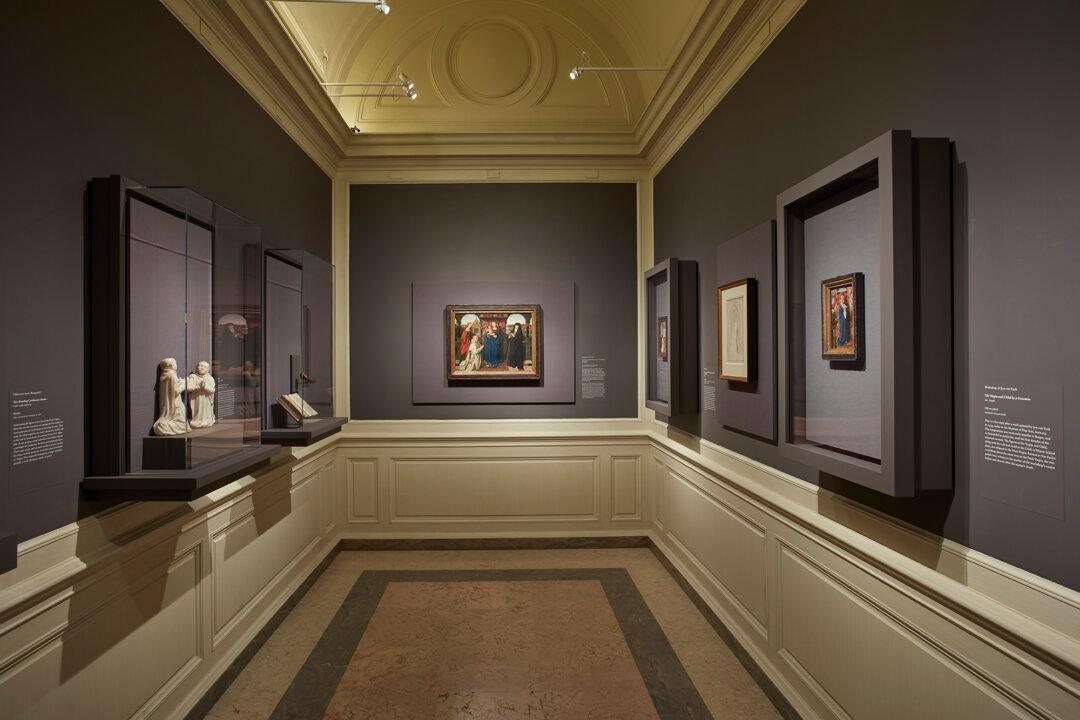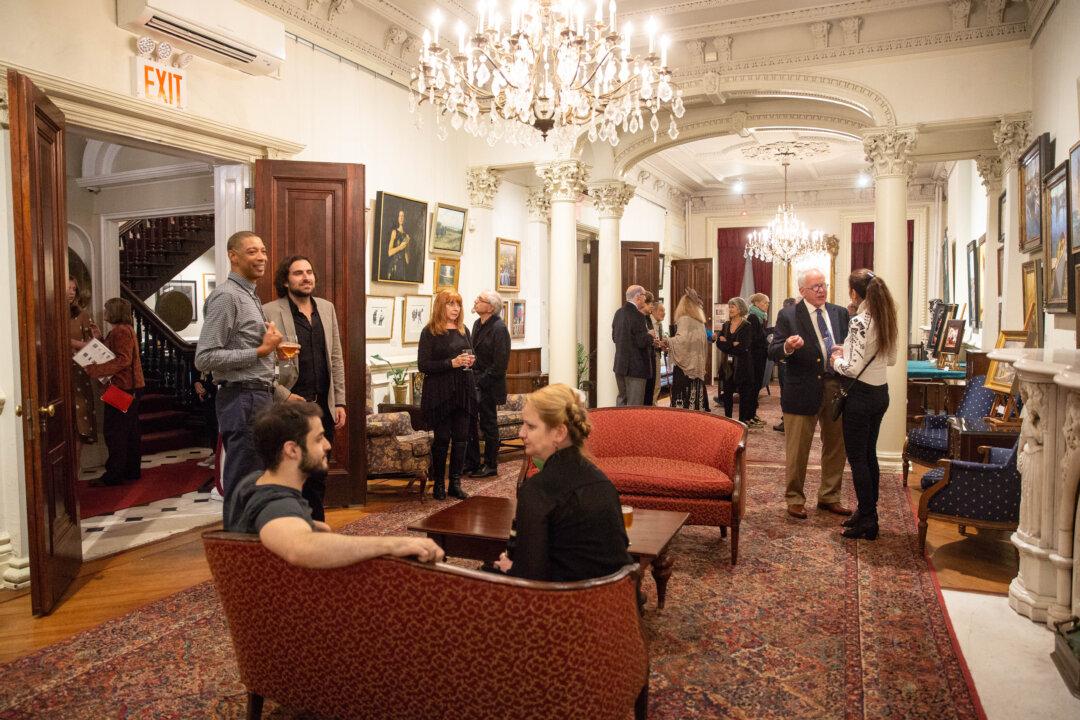NEW YORK—Artists spend so much time alone in their studios that when they venture out to socialize, the experience can feel quite intense. If they attend the Figurative Art Convention & Expo (FACE), they can expect an especially enriching, sociable experience. At FACE, they can draw, paint, or sculpt from live models, together with more than 300 other artists. They can take workshops, or watch demonstrations given by leading artists, and participate in discussions about the theoretical or historical aspects, or current state, of figurative art.
Launched last year by the entrepreneur and publisher of Fine Art Connoisseur, Eric Rhoads, and hosted together with the the magazine’s editor-in-chief Peter Trippi, FACE had an impressive lineup, including artists and founders of top ateliers, like Jacob Collins of Grand Central Atelier, Daniel Graves of The Florence Academy of Art, and Juliette Aristides of Aristides Classical Atelier. There were also master painters like Steven Assael, Jordan Sokol, David A. Leffel, and master sculptor John Coleman, among others.
For its second year, FACE will take place, again, at the historic Biltmore Hotel in Miami, from Nov. 7 through 10.

